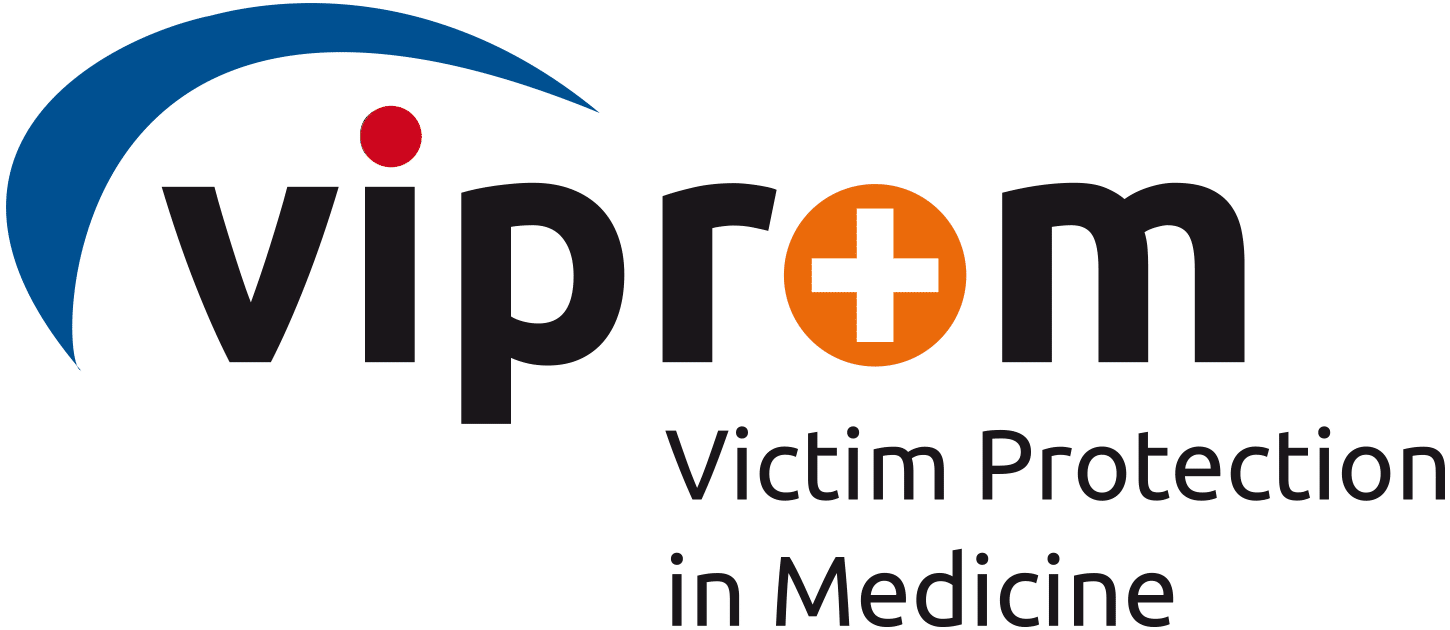Meet our Advisory Expert Board

The Advisory Expert Board (AEB) plays a crucial role in providing guidance, expertise, and strategic advice to our project partners. It consists of a group of higly competent experts who possess relevant knowledge and experience in the project’s domain. Their role is to advise and support the project in achieving its objectives effectively.
We are honored to have these experts on our AEB, sharing their expertise and wisdom. We would like to sincerely thank all AEB members for their invaluable contributions and commitment.
Andreas Leven, Germany
 |
|
Chibueze Udeani, Germany
|
Ioanna Giannopoulou, Greece
|
Ioannis Michopoulos, Greece
|
Reka Safrany, Hungary
 |
|
Claudio Pagliara, Italy
 |
|
Cristina Moscatelli, Italy
|
Vittoria Doretti, Italy
 |
|
Sarah Fitzgibbon, Ireland
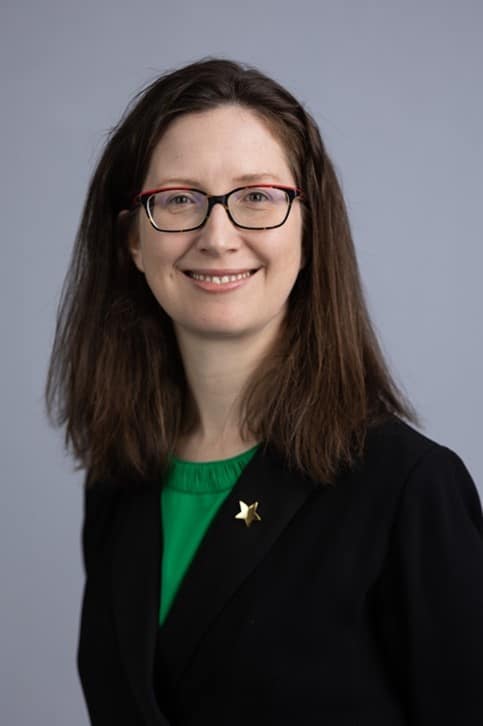 |
|
Maria Eriksson, Sweden
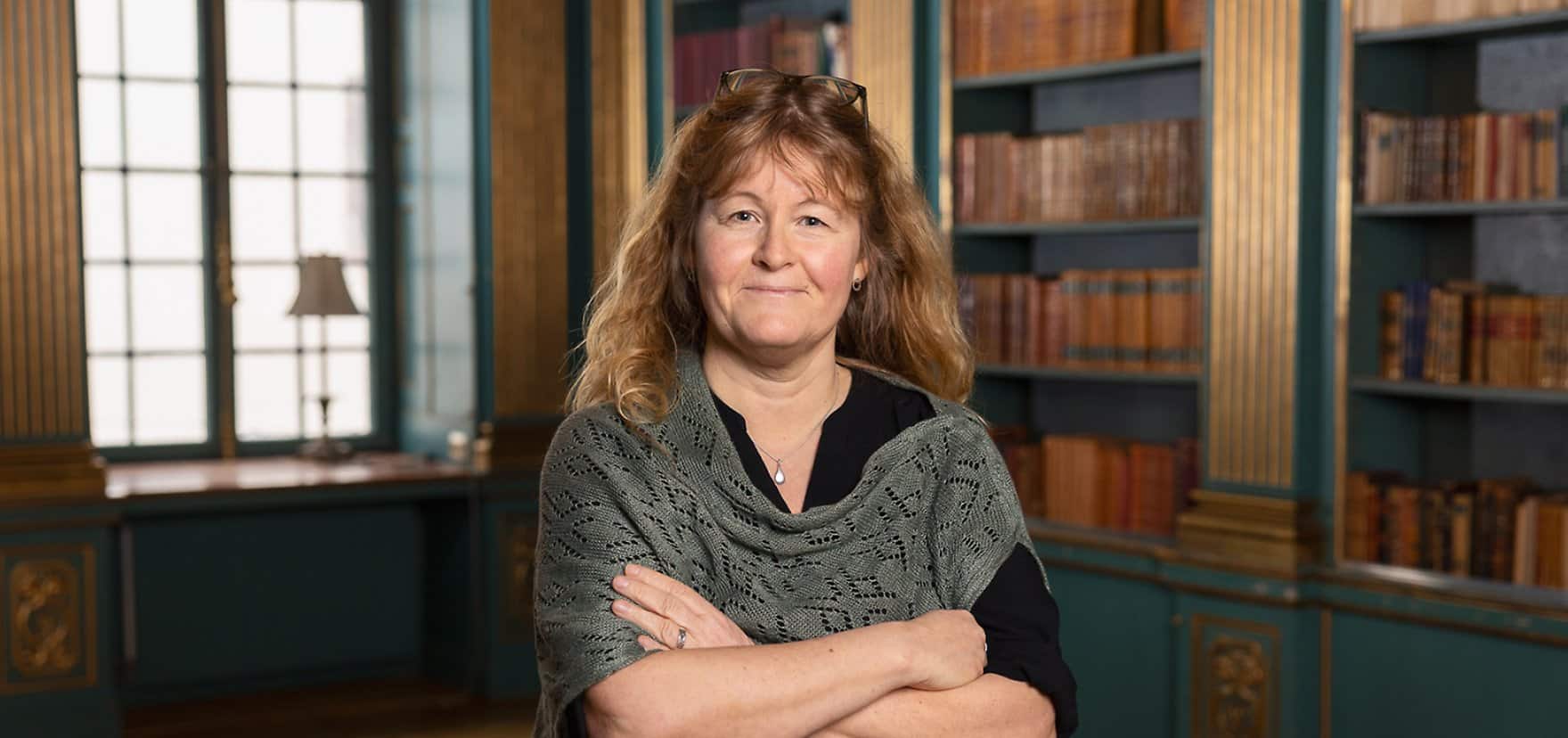 |
|
Rúna í Baianstovu, Sweden
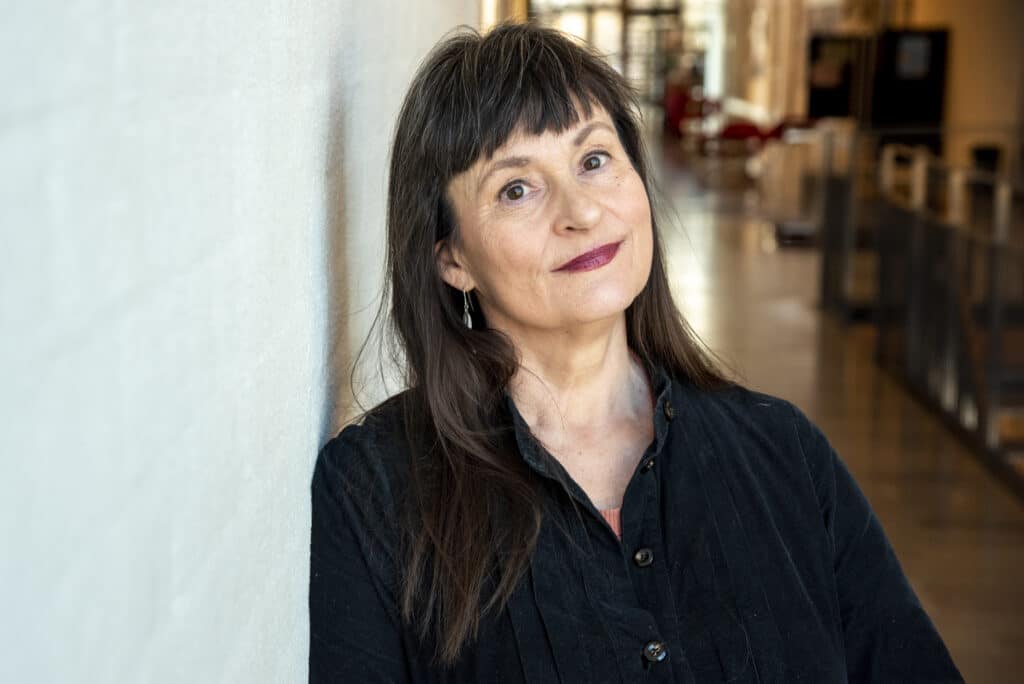 |
|
Felix Michael Schmitz, Switzerland
 |
|
Maria Papadakaki, European Public Health Association
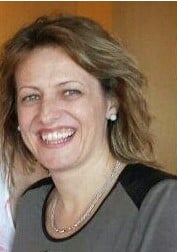 |
|
Medina Johnson, IRISi
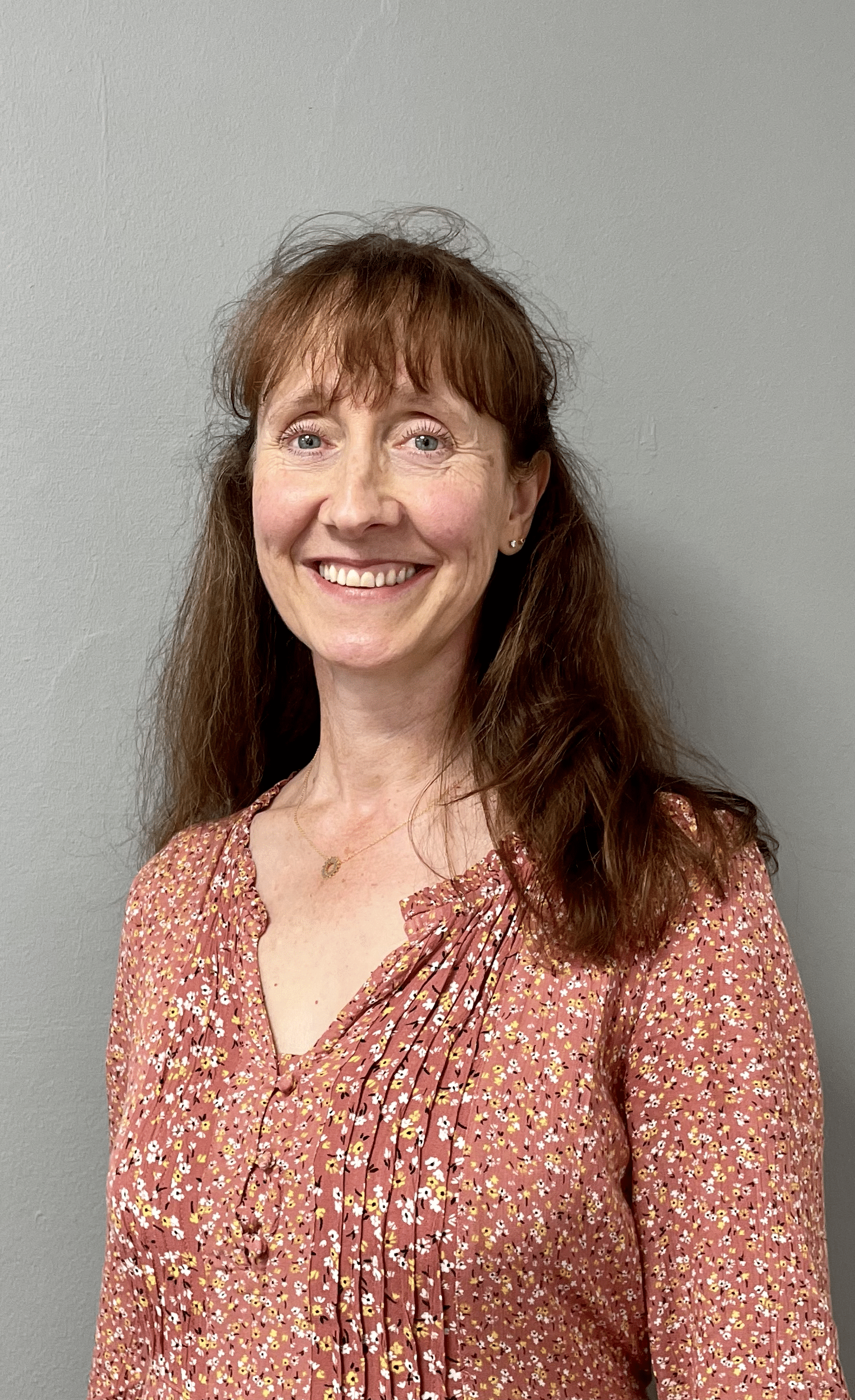 |
|
Please stay tuned for updates as we work closely with our AEB to achieve the ambitious goals of our EU project.
